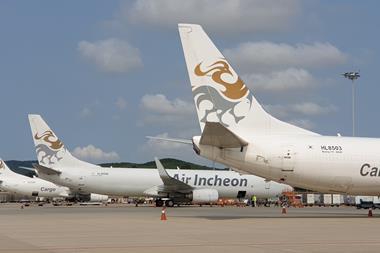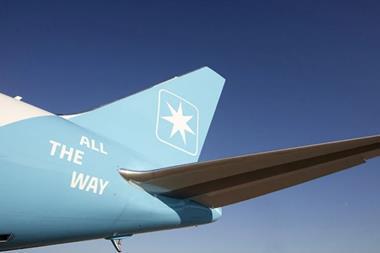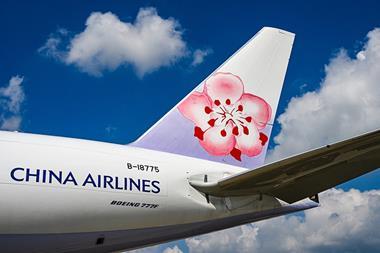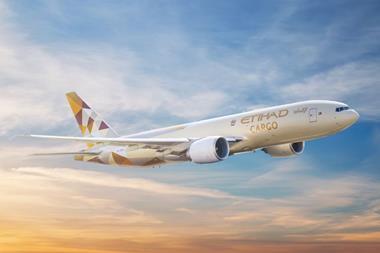The International Federation of Air Line Pilots’ Associations (IFALPA) said that “more needs to be done” to address the safety of lithium-ion battery shipments on cargo aircraft.
While supporting the International Civil Aviation Organization’s (ICAO) decision to prohibit lithium-ion batteries as freight on passenger aircraft, IFALPA added: “Both lithium-ion and lithium-metal batteries continue to be permitted in unlimited quantities on cargo aircraft, despite the demonstrated risk these shipments pose.”
IFALPA represents 100,000 pilots in more than 100 countries world-wide. Its views strongly echo those of the US-based Air Line Pilots Association (ALPA) which also welcomed ICAO’s decision on passenger jets but also drew attention to the transport of similar cargo on freighters.
The prohibition was first proposed by IFALPA to the ICAO Dangerous Goods Panel in 2009, and again in 2015.
Mark Rogers, IFALPA’s dangerous goods committee chairman, said: “The risk these batteries pose is the same regardless of the aircraft type, however, and we now call on ICAO to extend the same protections to cargo aircraft.”
IFALPA supports a long-term solution to develop packaging that will ensure lithium batteries can be shipped safely on both passenger and cargo aircraft, and is committed to working with ICAO and the SAE International to develop the appropriate standards.
Added Rogers: “We urge ICAO to continue this important work, and to extend the prohibition to cargo aircraft until this standard is developed and fully implemented for all lithium battery shipments.
While US safety regulators and pilot associations have welcomed the ICAO move, some shippers have argued that the new rule goes against previous recommendations and “does not address the wider problem of undeclared battery shipments or low-quality counterfeits”.










